Society cannot be open; thus the use of this term leads to the distortion of its content. The two words used together oppose each other: “open society”. Societies, throughout time, have existed within a framework, and they still do now. National borders symbolize this best by drawing designated geographical units around those who belong within. Even the legally abolished borders of the EU were reinstated as soon as any calamity occurred such as illegally immigrating masses or a pandemic. At times like these, we quickly find out that there is indeed still a border between Germany and Austria, just as Denmark and other EU countries have reinterpreted their lines of defense when in need of an alternative solution. In other words, the principle of “open borders” is typical of a problem-free, peaceful, consolidated period.
The twisted logic of an “open society” automatically calls into question the particular culture, linguistic community and ideological, religious identity of a given nation. He who loosens and denies this structure consciously questions the purpose of his existence and shuts himself out from society. He can live in the country of his choice, but merely as a welcome guest. He can settle down anywhere (surprisingly, with the exception of a few Arab countries) but only those who adopt the rules of integration can have the right to vote. He is protected by law if he lives according to the law – but cannot fulfill a representative role in legislative matters. This is also the case in the allegedly ultra-tolerant Western world, because why else do they expel by court order those who refuse to meet the expectations of the host country?
Throughout historical eras and in the midst of social change, there have existed regularities, essential values, and obvious mistakes that sometimes call for change. But at the origin of every objective process is man – ecce homo – who is in charge of these events. Man, who creates and gives birth to ideas, in possession of his gifts from God, he is the trustee of all development. Man, who is not free from his own unique personal traits, be they positive or progressive or even distorted, which usually become potential catastrophes if put in practice.
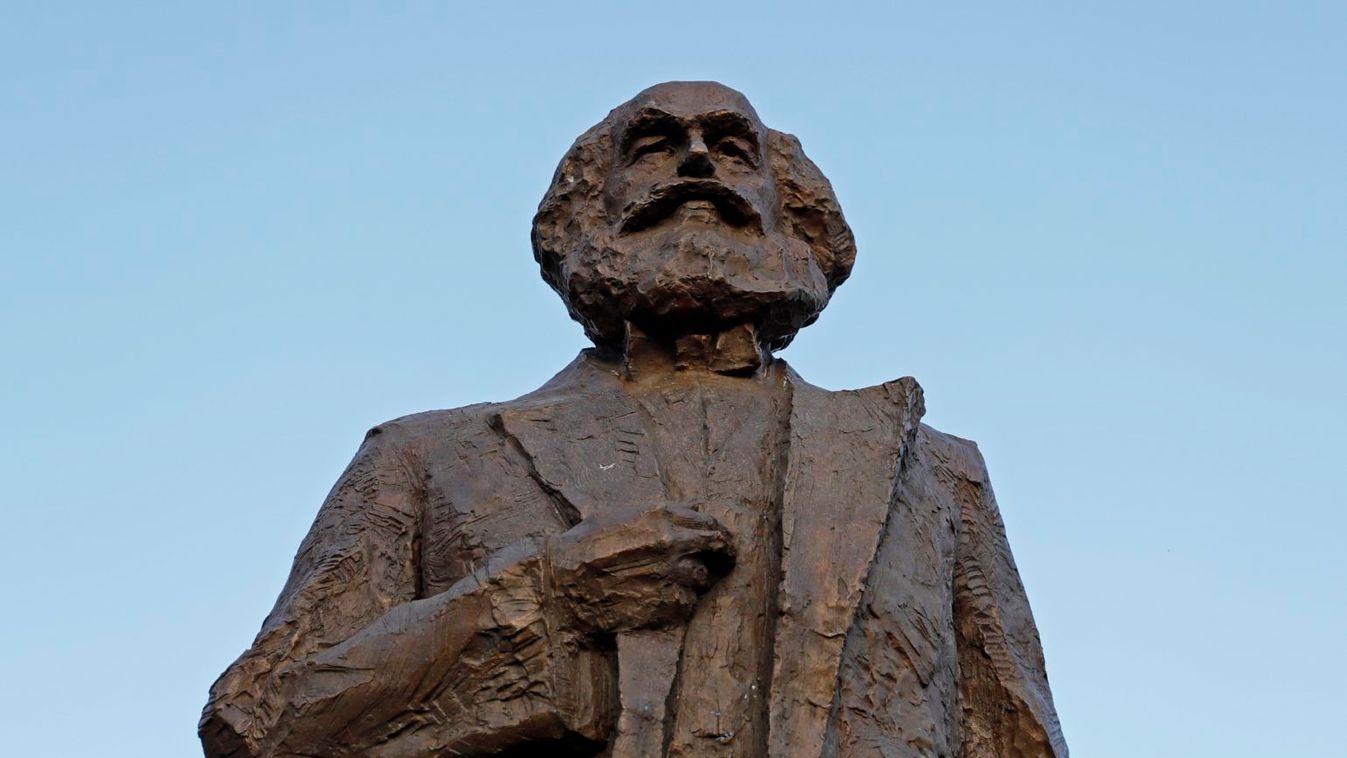

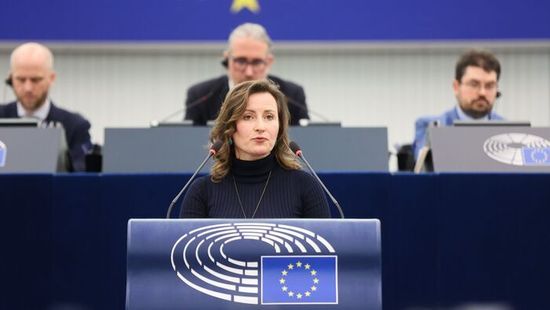
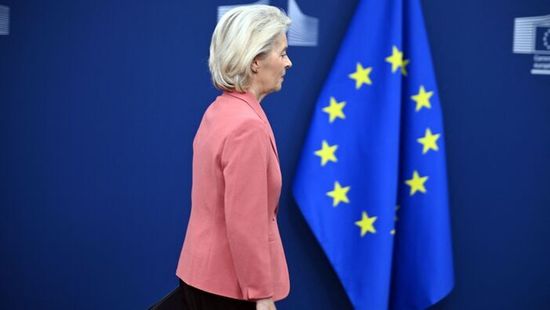


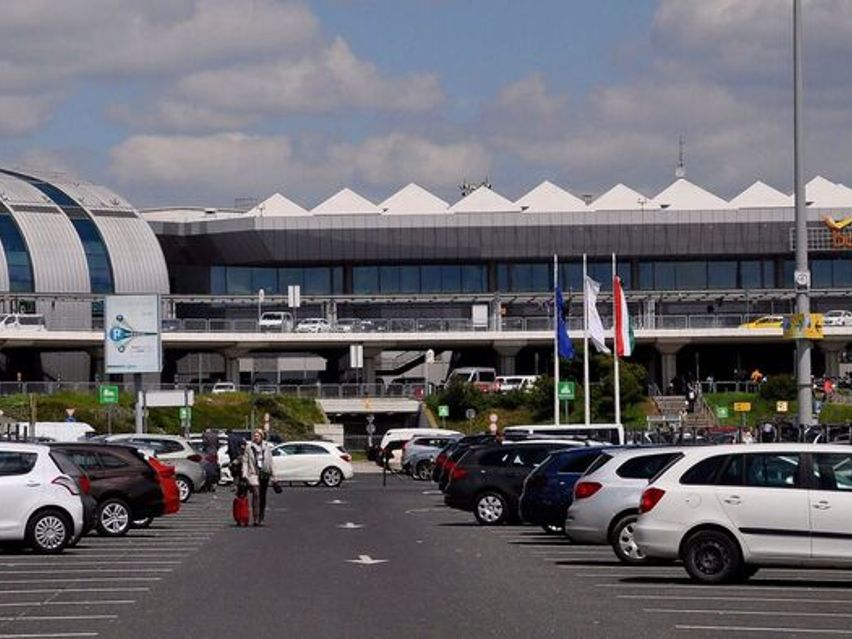


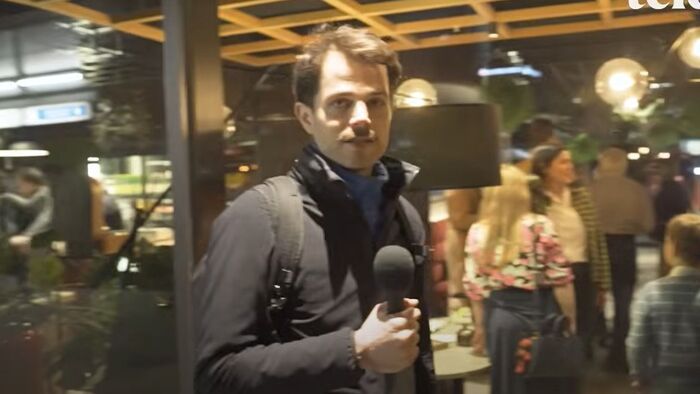

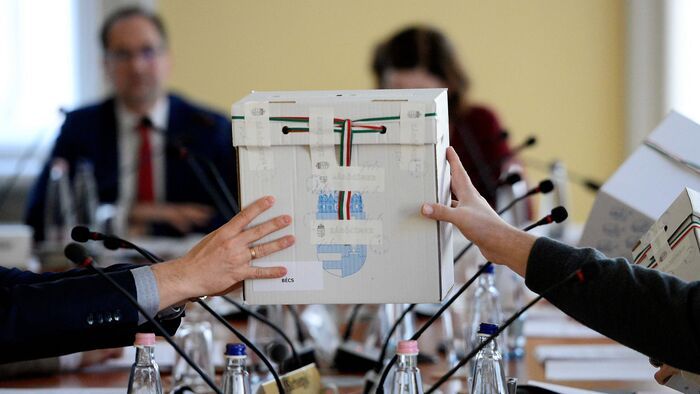



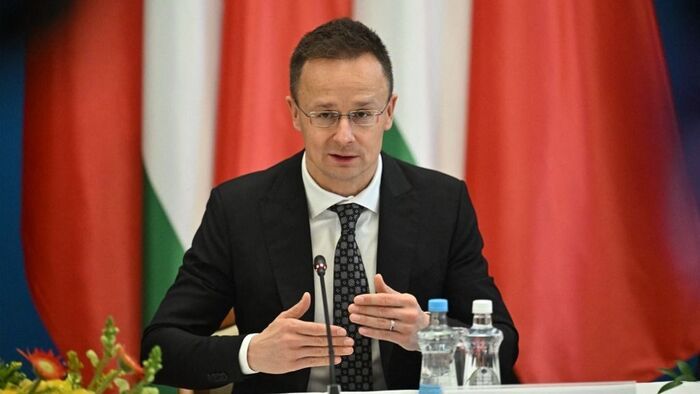
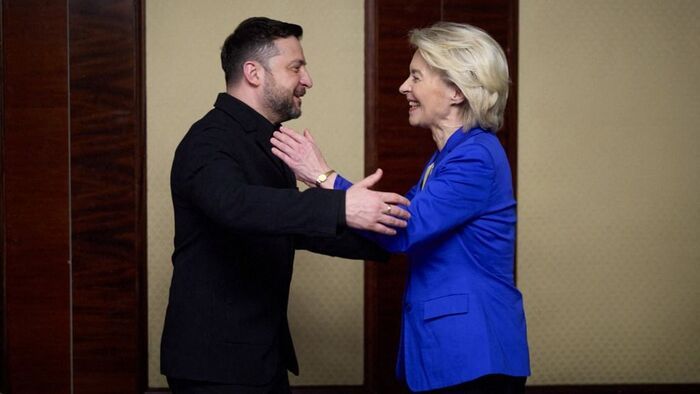


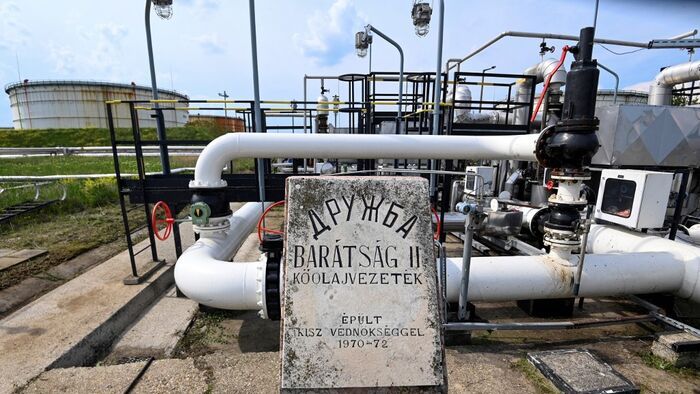



Szóljon hozzá!
Jelenleg csak a hozzászólások egy kis részét látja. Hozzászóláshoz és a további kommentek megtekintéséhez lépjen be, vagy regisztráljon!